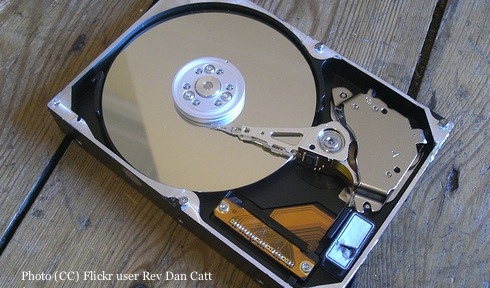TEKsystems, Inc. v. Hammernick, No. 10-99819 (D. Minn., Filed 3/16/2010). [Link to Complaint (PDF)]
Here is an interesting lawsuit that is bound to convince some employers that social media is causing the sky to fall (to the extent they’re not thinking that already).

- Image via Wikipedia
An IT headhunting company that does business in the Twin Cities area of Minnesota has filed suit against a former recruiter-employee for breach of her noncompetition agreement. The complaint says that she violated that agreement when she connected on LinkedIn with 20 of the candidates her old firm was working with.
One thing that’s missing from the allegations is when the defendant made these allegedly improper LinkedIn connections. Did she already have them as connections when she left the plaintiff’s employment or did she invite them to connect after she left? The distinction seems like it would be relevant.
No doubt this case should get some attention due to the novelty of the allegations, namely, that the defendant used a social networking site to break the law. But as thinking persons, we should be careful not to sensationalize these facts. When you stop and think about it, how does the fact that the defendant may have used LinkedIn really differentiate the case from one in which she would have used a more conventional form of communication to solicit?
[Thanks to Paul Cherner at the HR Counsel blog for alerting me to this case. More coverage at the Delaware Employment Law Blog and Portfolio.com]

